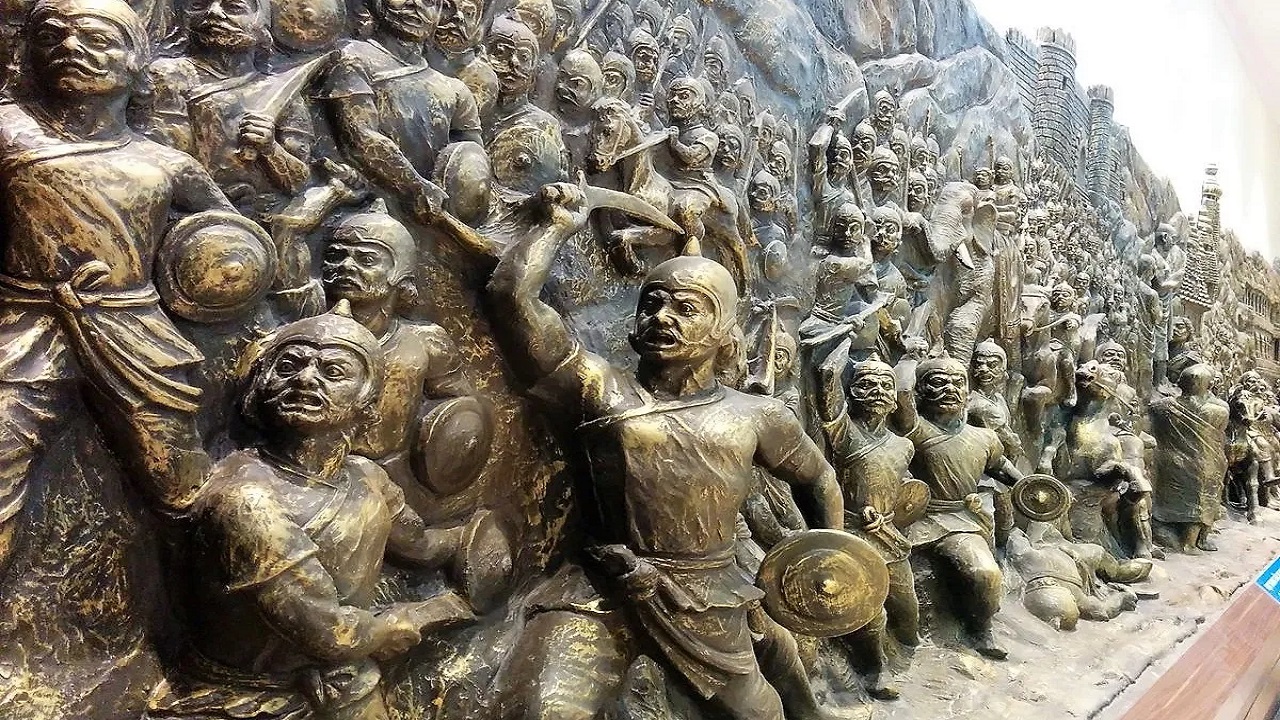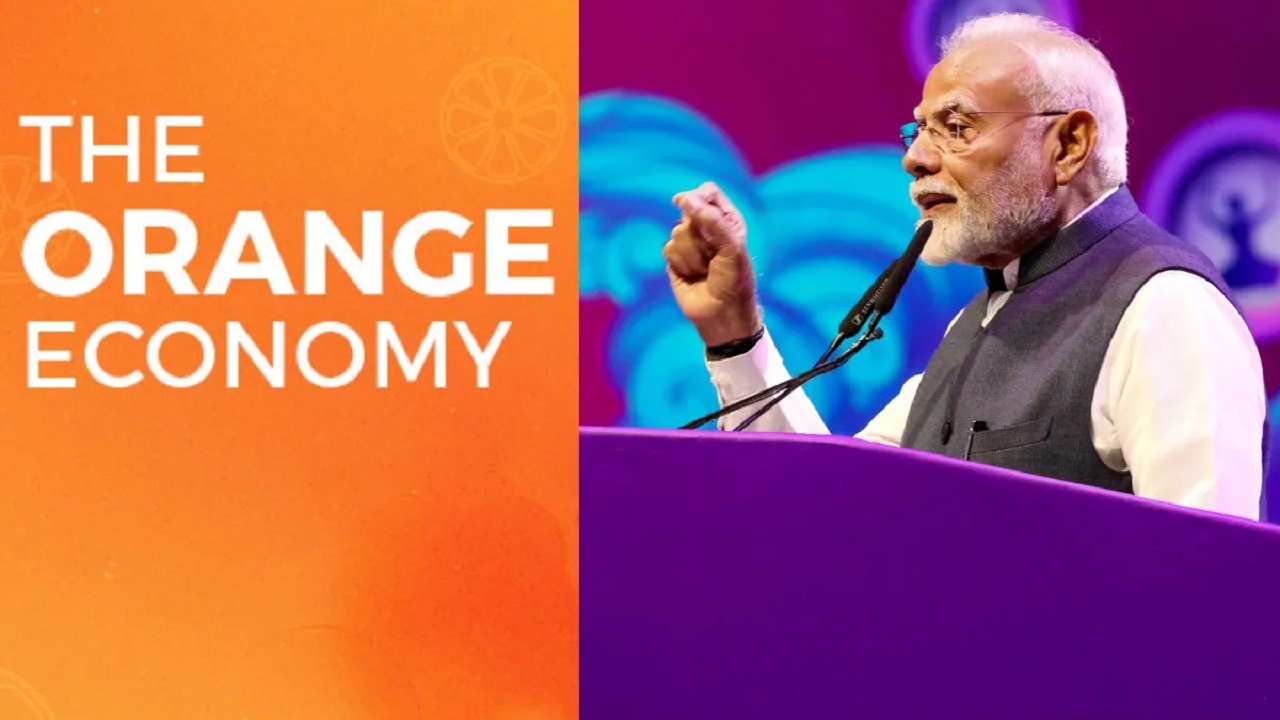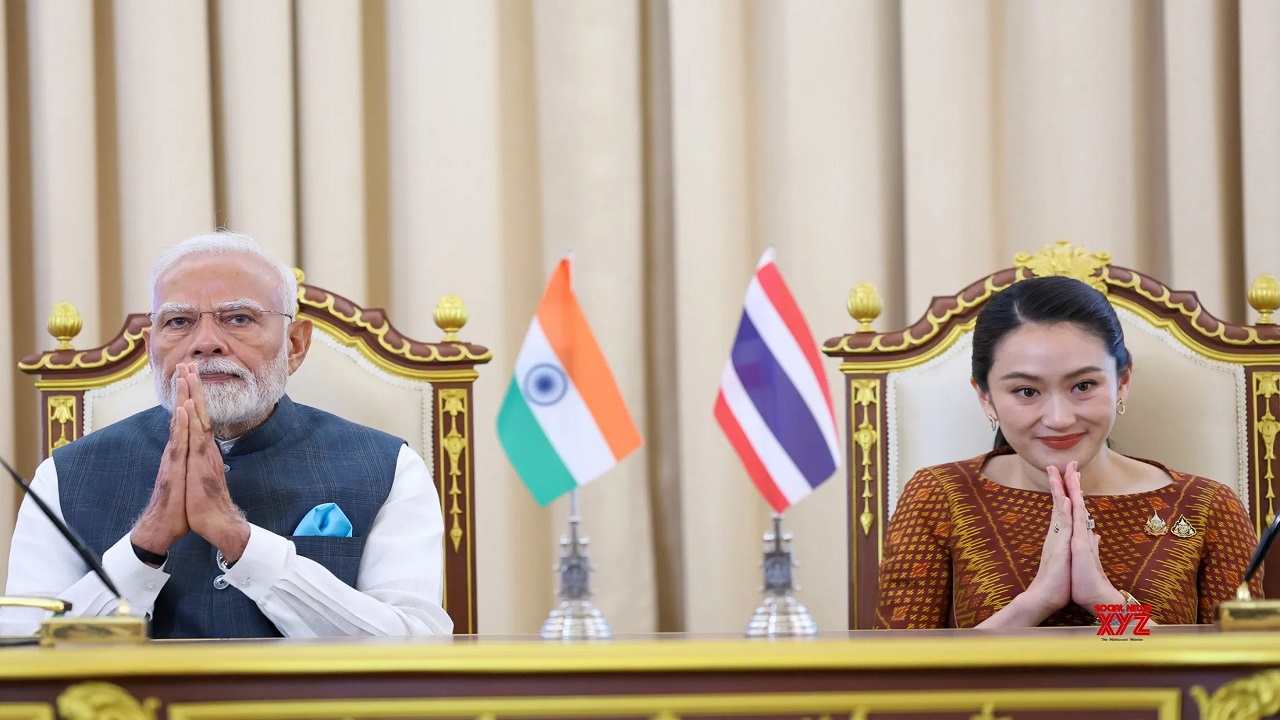Context:
The Supreme Court’s recent verdict on sub-classification of the Scheduled Caste (SC) and Scheduled Tribe (ST) quota marked a milestone in equality jurisprudence. CJI D.Y. Chandrachud, emphasized substantive equality in the judgment.
Background:
- In a string of rulings given over the last seven years, CJI Chandrachud has referred to substantive equality to stress that reservation is a facet of merit, and not an exception to the merit rule.
- The State of Punjab v. Davinder Singh (2024) , the latest judgement allowing sub classification, stands as a testimony to the evolved understanding of judiciary with respect to reservations.
What is substantive equality:
- Substantive equality is a principle in law that goes beyond formal equality, which simply means treating everyone the same. Instead, substantive equality focuses on addressing the actual disparities and disadvantages that different individuals or groups face due to their unique circumstances or historical injustices.
- It aims to ensure that everyone has an equal opportunity to succeed by recognizing and addressing the different needs and barriers that affect them.
- In essence, while formal equality treats everyone the same, substantive equality seeks to level the playing field by providing support and adjustments based on specific needs and historical contexts.
Supreme Court’s view on reservation over the years:
As Limiting Equality:
- Initially, the Supreme Court took a formal and restrictive approach to reservations, viewing them as exceptions to the principle of equal opportunity.
- In The State of Madras v. Champakam Dorairajan (1951), the Court ruled that reserving seats in educational institutions was unconstitutional, as there was no explicit provision for it, unlike Article 16(4) which allows reservations in public employment.
- Parliament enacted the First Amendment to the Constitution, adding Article 15(4) to allow reservations in educational institutions, despite Article 29 prohibiting discrimination against any citizen on grounds of religion, race, caste, language, or any of them with respect to admission into educational institutions.
- This formalistic view persisted in the Indra Sawhney v. Union of India (1992) (Mandal judgment), where the Court saw Articles 15(4) and 16(4) as special provisions or in other words, an exception to the principle of equality and imposed a 50% cap on reservations.
As a Facet of Equality:
- The Court’s decision in State of Kerala v. N.M. Thomas (1975) marked a shift towards an expansive and substantive reading of equality, upholding a Kerala law that relaxed qualifying criteria for SC and ST candidates in government jobs, without viewing it as an exception to equality of opportunity.
As Limiting Efficiency:
- Article 335 of the Constitution mandates that reservations for SCs and STs in services must be consistent with administrative efficiency.
- The Supreme Court’s discourse on reservations emphasized maintaining “efficiency,” often equating merit with efficiency. This view led to rulings against reservations in promotions, as seen in the 1992 Indra Sawhney judgment, where SC held that reservations in promotions would dilute efficiency in administration.
- In 1995, the Constitution (Seventy-seventh) Amendment Act introduced Article 16(4A), allowing “consequential seniority,” which lets reserved-category candidates retain seniority gained through earlier promotions. This amendment was upheld in 2006, on the ground that the efficiency of administration was only relaxed, not obliterated.
Repudiation of the Reservation-Versus-Merit Binary:
- Chief Justice D.Y. Chandrachud has reframed the quota-versus-efficiency debate through his rulings. He argues that reservations should be seen as embodying substantive equality, rather than as concessions.
- Chandrachud contends that the stereotype linking reservation to inefficiency prevents SC/ST candidates from accessing promotions, which was precisely why reservations were introduced.
- He views constitutional amendments as a repudiation of the binary between reservation and merit.




Comments (0)